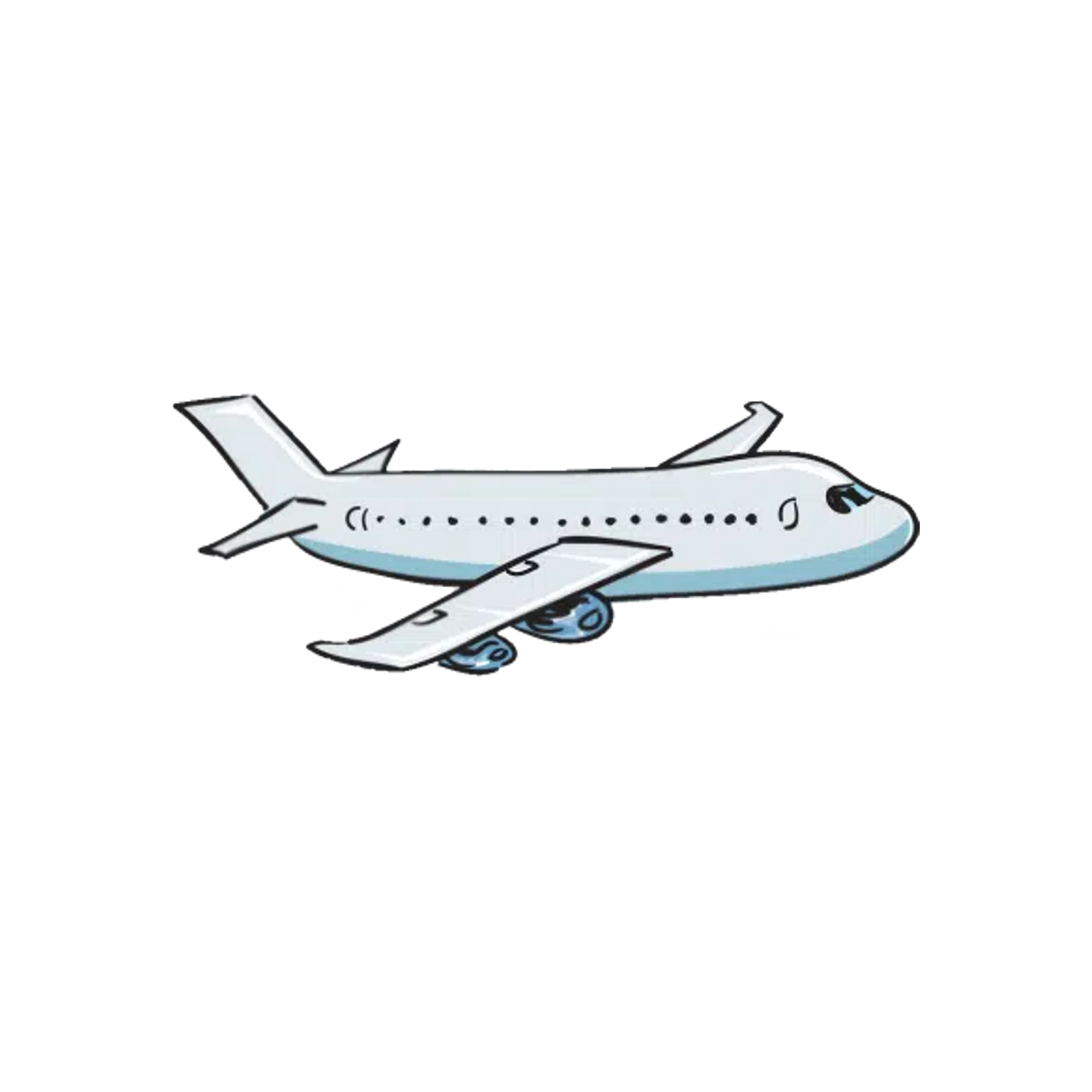Pilot psychometric tests
Learn more about Pilot psychometric tests
Prepare for your Pilot numerical reasoning tests. Give yourself the best chance of passing your Pilot numerical reasoning tests.
Prepare for your Pilot numerical reasoning tests. Give yourself the best chance of passing your Pilot numerical reasoning tests.

Learn more about Pilot psychometric tests
Prepare for your numerical reasoning test
Practice with free numerical reasoning tests

Register now for free numerical reasoning tests to give yourself the best preparation for your Pilot numerical reasoning tests.

You will be required to have completed pilot flying academy before being able to get a job as a pilot for any airlines.
All airlines begin their application process with an online application form. Submit a CV or complete an application form through the airline’s careers portal. This usually includes personal details, education, flight training, and licence information. The airline then reviews your application to ensure you meet minimum requirements, such as holding a valid commercial pilot licence (CPL) or airline transport pilot licence (ATPL), medical fitness, and required flight hours.
Candidates take a series of online or in-person psychometric tests. These often include:
A practical flight simulator test may be used to evaluate flying skills, coordination, workload management, and decision-making in real-time flight scenarios.
A face-to-face or virtual interview focused on aviation knowledge, systems, procedures, and problem-solving ability. These can be conducted either virtually or in person.
This stage assesses soft skills such as communication, leadership, teamwork, and decision-making using scenario-based questions.
A Class 1 aviation medical exam must be passed to confirm you meet health and vision standards required for commercial flying. At this stage, if successful, you will be offered the role.
In the pilot recruitment process, psychometric tests beyond numerical reasoning are used to assess a candidate’s suitability for the high-pressure, safety-critical environment of aviation. These often include verbal reasoning tests to evaluate communication and comprehension skills, situational judgement tests to examine decision-making in realistic scenarios, and personality assessments to explore traits such as emotional stability, teamwork, and leadership. Spatial awareness and multi-tasking ability are also commonly tested, as pilots must process information from multiple sources simultaneously. These psychometric tools help ensure that applicants not only have the technical potential but also the psychological resilience and interpersonal qualities needed for the role.
Register now for free psychometric tests to give yourself the best preparation for your Pilot psychometric tests.

Pilot verbal reasoning tests are designed to assess a candidate’s ability to understand, analyse, and interpret written information—skills that are essential for clear communication and effective decision-making in the cockpit. These tests typically involve reading short passages and answering questions that evaluate comprehension, logical reasoning, and the ability to draw accurate conclusions. Pilots must be able to interpret aviation manuals, follow written procedures, and communicate clearly with crew and air traffic control, so strong verbal reasoning skills are critical. In the recruitment process, these tests help identify individuals who can process complex information quickly and accurately under pressure.

Pilot logical reasoning tests are used in the recruitment process to measure a candidate’s ability to think critically, identify patterns, and solve problems using structured logic. These tests often include sequences, diagrams, or abstract shapes where applicants must determine the next item in a pattern or spot inconsistencies. Logical reasoning is vital for pilots, who must assess situations quickly, troubleshoot technical issues, and make sound decisions based on available data. These tests help employers identify candidates who can remain calm, think clearly, and apply logical processes under pressure—essential qualities for ensuring safety and efficiency in flight operations.

Pilot situational judgement tests (SJTs) are designed to assess how candidates respond to real-life scenarios they may encounter in their role. These tests present hypothetical situations and ask the candidate to choose the most appropriate course of action from a list of options. They are often used in industries like aviation to evaluate critical thinking, decision-making, and interpersonal skills. By simulating the types of challenges pilots might face, SJTs help employers gauge how candidates would behave in high-pressure or complex situations. The aim is to predict how well individuals would perform on the job based on their responses, providing valuable insight into their suitability for the role.

Numerical reasoning tests are assessments designed to evaluate a candidate’s ability to interpret and work with numerical data, such as graphs, charts, and tables. They measure mathematical skills, logical thinking, and the ability to make data-driven decisions.
Common questions include calculating percentages, ratios, averages, and interpreting data from visual sources like graphs or charts. Some tests may also include word problems and questions about trends or patterns in data.
Employers use these tests to ensure candidates have the quantitative skills required for roles involving data analysis, decision-making, or mathematical problem-solving. They provide a fair, standardised way to assess these abilities across applicants.
These tests are commonly used in industries like finance, technology, engineering, and consulting, as well as for graduate schemes and management roles where data analysis is a key part of the job.
Register for free numerical reasoning practice tests to simulate the real assessment environment and gain confidence. Regular practice will enhance your familiarity with the test format and improve your performance.